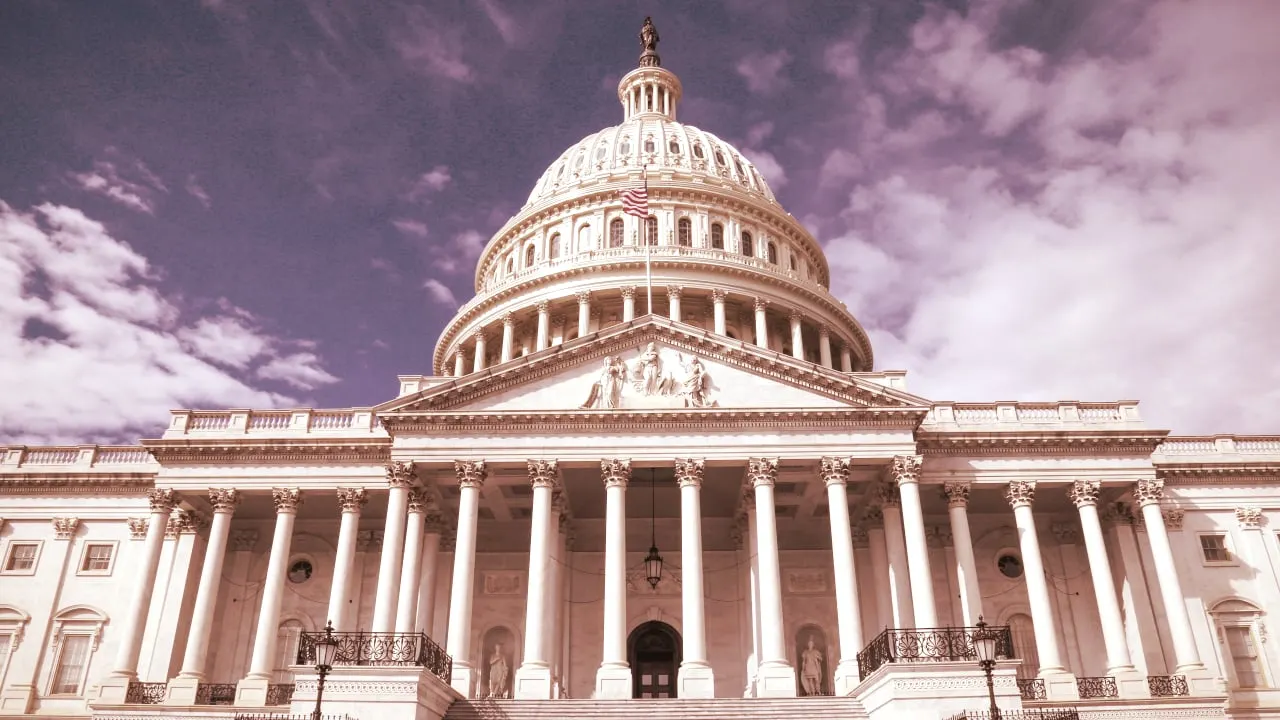House Financial Services Committee Chair Patrick McHenry signaled on Friday that stablecoin regulation is still top of mind, despite a potential government shutdown looming on the horizon.
“Things are complicated right now,” McHenry said, speaking over Zoom to a crowd gathered in New York at a forum organized by stablecoin issuer Circle. “But I'm gonna do my best to get this to the president's desk.”
Stablecoins are digital assets pegged to the price of a sovereign currency like the U.S. dollar. And, while states like New York have frameworks for issuing stablecoins in place, the notion of federal rules for stablecoins has lingered on Capitol Hill for years.
McHenry’s affirmation comes amid the threat of a shutdown that could grind parts of the U.S. federal government to a halt. A lapse in funding could be triggered as soon as Saturday if lawmakers can’t come to an agreement, per CNN.
Legislation for stablecoins is one of two bills on digital assets that McHenry’s Committee has produced this year. The other bill focuses on market structure and clarifies digital asset oversight between the Commodity Futures Trading Commission (CFTC) and the Securities and Exchange Commission (SEC).
If the Republican-led House passes legislation, it would still have to make its way through the Democrat-controlled Senate and get Biden’s signature before becoming the law of the land. Still, McHenry said he’s had “conversations with really smart senators on both sides of the aisle” that could potentially lend a hand.
“Obviously, Congress is traditionally slower than any human being would want,” McHenry said. “So, we're working through those options.”
The goal is to reach an agreement that would send digital asset regulation to President Biden’s desk between now and the beginning of the year, McHenry said. Regarding stablecoin legislation, he noted that “more than a handful” of Democrats supported the bill when it was produced in July.
Aside from their utility in conducting payments, McHenry highlighted the potential of dollar-denominated stablecoins to spread the greenback far and wide. Additionally, he said stablecoins backed one-to-one by reserves of cash are “a very simple product.”
As Blockchain Association CEO Kristin Smith told Decrypt last week, Republicans and Democrats agree on most of the stablecoin bill’s text. However, an option that would provide a state-level path for stablecoin issuers to operate has been a barrier.
When it comes to the role that states could play in regulating stablecoins versus the federal government, McHenry suggested the tension goes beyond crypto itself. But states aren’t waiting on federal lawmakers to make up their minds. There are currently 17 stablecoin bills pending in state legislatures at the time of writing, according to LegiScan.
“That's a broader regulatory issue than just digital assets,” he said, adding that lawmakers’ approach to innovation should embody individual rights. “There’s also the power within the United States: If you don’t like the state you live in, [...] you can move.”





